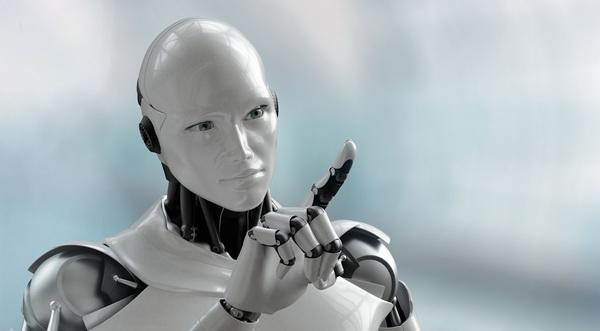Over 130,000 people in the UK and abroad are being monitored by an artificial intelligence system known as Isaak – which scrutinizes staff behavior minute-to-minute, according to The Guardian.
Dozens of UK businesses are using the “Isaak” system which analyzes tasks such as who’s email who, and when, how workers are collaborating, and which staff are “influencers” or “change-makers,” according to the report.
Designed by London-based company Status Today, the system can pinpoint “certain individuals within a network” to better allocate workloads and responsibilities, “ultimately improving the overall workplace environment and reducing stress and overworking.” Thus far, Isaak has gathered data on more than a billion actions.
The computer can compare activity data with qualitative assessments of workers from personnel files or sales performance figures to give managers a detailed picture of how behaviour affects output.
Users so far include five law firms, a training company called Smarter Not Harder and a London estate agency, JBrown, according to Status Today, which promises “real-time insights into each employee and their position within the organisational network”. Workers do not automatically have a right to see the data, which is controlled by the employer. –The Guardian
Critics say workers will be under mind-numbing pressure to constantly perform for fear of being singled out by the AI.
“If performance targets are being fine-tuned by AI and your progress towards them being measured by AI, that will only multiply the pressure,” said labor and globalization professor Ursula Huws of the University of Hertfordshire. “People are deemed not to be working if they take their hands off the keyboard for five minutes. But they could be thinking, and that doesn’t get measured. What is this doing for innovation, which needs creative workers?”
Huws says that people’s mental health is at risk if they don’t take occasional breaks for recreational activities such as browsing social media or playing a game (somehow everyone stayed sane before computers, but we digress).
According to a survey released last week, UK workers tend to procrastinate for around three hours per day.
Iaak is part of what experts have labeled the “precision economy,” in which every action of an individual is measured and analyzed for peak efficiency.
The Royal Society of Artspredicts that in the next 15 years, life insurance premiums will be set with data from wearable monitors and workers in retail and hospitality will be tracked for time spent inactive. As gig economy working spreads, people will qualify for the best jobs only with performance and empathy metrics that pass a high threshold. Those with lower scores will have access to only the most menial and sometimes miserable tasks such as content moderation on social media, the RSA has predicted. –The Guardian
Status Today CEO Ankur Modi says that his system is aimed at providing a “wellbeing analysis” that can detect when people are overworked. He admitted, however, “there’s always a risk that it might be misused” by companies only looking to boost productivity without addressing employee wellbeing.
“If one salesperson is performing well and you can see overwork and another isn’t performing well and isn’t overworked, that could be enough to start a conversation,” said Modi – who also argued that the system could help employers reduce or eliminate bias and discrimination by removing subjectivity from management decisions.
AI ideas that are being developed elsewhere have included the use of facial recognition software and mood monitoring at work, recording a worker’s location on wearable devices and the monitoring of keyboard strokes. A survey by the Trades Union Congress last year found that a majority of workers were opposed to all of these. –The Guardian
According to Trades Union Congress general secretary Frances O’Grady: “Workers want to be trusted to do their jobs. But this kind of high-tech snooping creates fear and distrust. And by undermining morale, it could do businesses more harm than good. Employers should only introduce surveillance technologies after negotiation and agreement with the workforce, including union representatives. There should always be a workplace agreement in place that clarifies where the line is drawn for legitimate use, and that protects the privacy of working people.“
via ZeroHedge News http://bit.ly/2U712ue Tyler Durden
